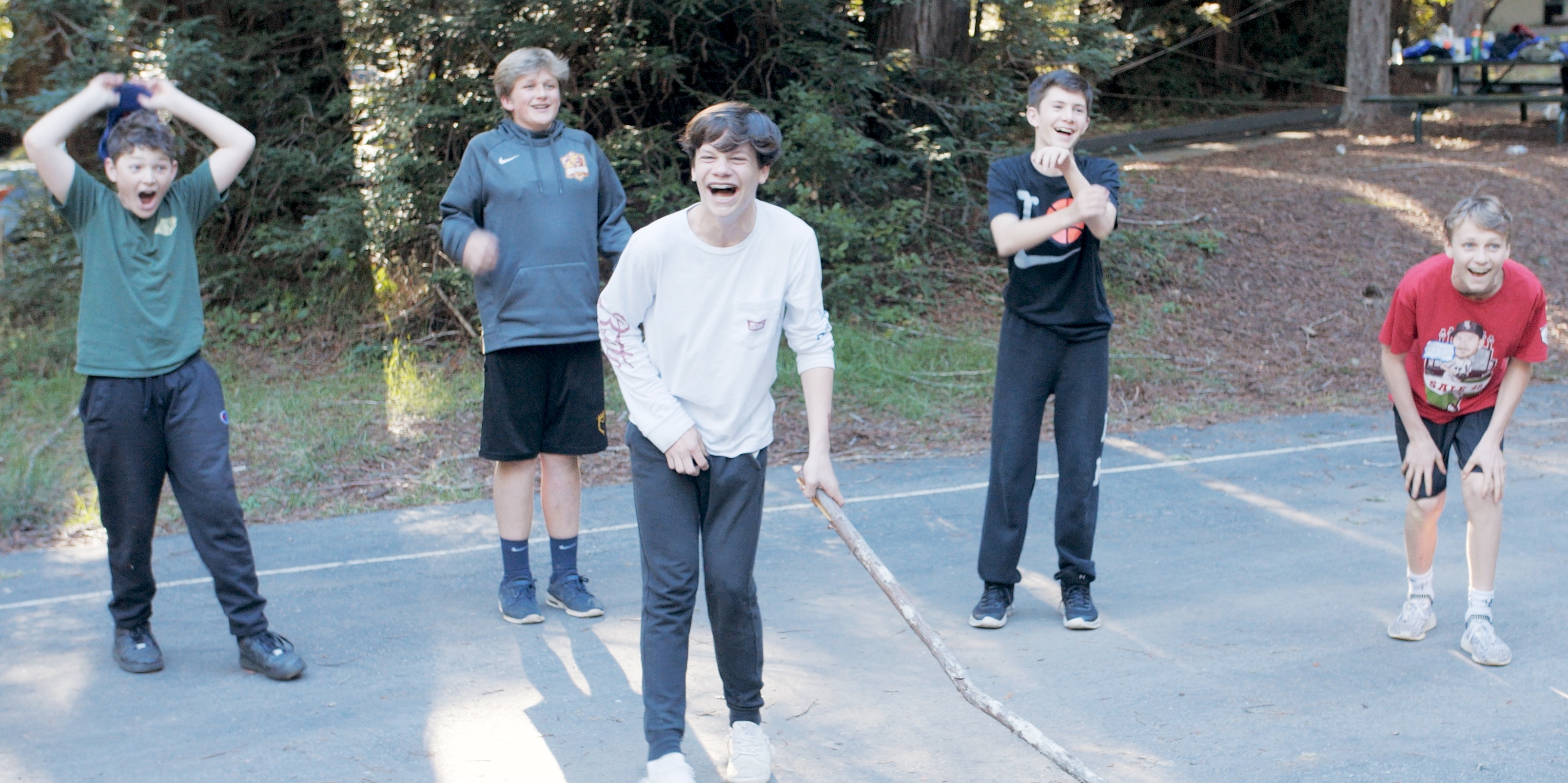All of my friends are stressed out. I don’t have a single friend who isn’t on anti-anxiety medication.” These were the words of a 17-year-old family friend spoken over lunch on summer vacation. The next day I asked another family friend in the same part of town if “everyone was really depressed.” She replied, “Dave, it’s gotten bad. Three kids in my school have already committed suicide this year.”
This was the moment I planted my flag and decided I had to do something about the nationwide increasing rates of depression, anxiety and suicide. I was seeing similar signs in my own young athletes and knew this was my purpose coming to life.
I began with in-depth survey work, reaching out to parents and listening to anecdotes that confirmed my suspicions and concerns. I read extensively (Sherry Turkle, Tristan Harris, Jean Twenge), and hosted a series of community conversations, focus groups and digital wellness workshops. One event included a documentary screening for over 270 people on technology addiction in young children, followed by a panel discussion following with teen leaders and pediatric psychologists.
I learned that in my community (Menlo Park/Atherton, CA), incidence rate of poor mental health was 5x the national average. Kids in my community were spending on average seven hours per day in front of a screen; studies have shown that screen-time interaction is correlated with increased anxiety and lower feelings of self-worth.
After all this outreach and research, I learned there was little being done to engage kids directly about the harms of tech overusage. Almost all of the efforts to combat this epidemic were in the form of parent discussion groups. I knew I had to reach kids directly, use my own voice and leadership skills. I knew I could make an impact because kids in the community do respect me (because I respect them, but that’s maybe a conversation for another day).
Because of my extensive experience working with kids, I spent six months developing curriculum for an overnight retreat program where we would engage kids directly about digital wellness: a combination of digital well-being teachings and skills to limit distractions. We also did a deep dive on leadership, social skills, self-awareness, nutrition, and mindfulness techniques with a heavy focus on interpersonal connection and parts of life holding them back…opening up about fears, anxieties, goals and struggles are not typically acceptable or comfortable to talk about.
By creating environments for kids to share personal struggles, all within the context of a fun sports summer camp environment, we’re teaching life skills through sports and creatively weaving it into an immersive tech-free summer camp environment. At 10 day follow up 11 of 13 parents had observed a noticeable change in their child’s technology usage habits. All parents noticed a least some change in general habits and all parents replied their children had a fun, positive experience. Not bad for just our first retreat!
We have already made a number of modification and improvements to our retreat curriculum and we are SO excited for our next retreat weekend this summer July 26-28th in Northern California!
Our plan is to do 10-20 retreats between now and Summer 2020 before we launch in many cities across the US. We are going to be doing a 300-person event next year which will be a three-night overnight digital wellness event, a cross between summer camp for adults, outdoor conference and music festival — technology-free.
Please visit www.AmericaOffline.info to learn more about our programs and to stay in the loop!


